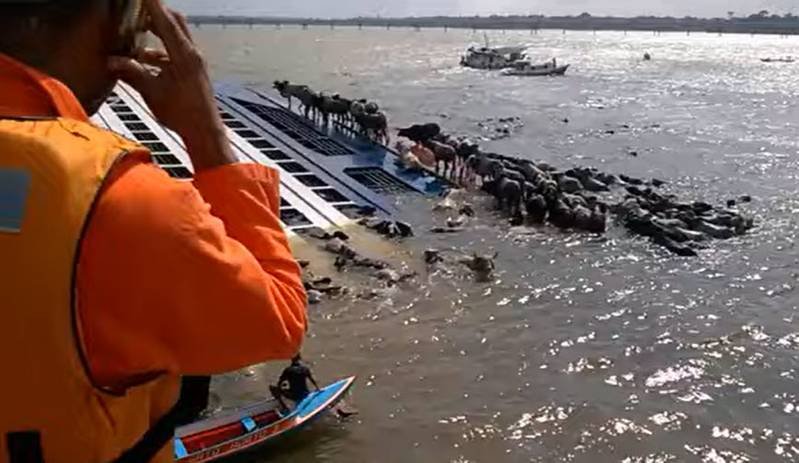The EU’s top administrative court has ruled that European nations can keep their decisions on fishery policy confidential, rejecting a lawsuit from an environmental NGO that aimed to increase transparency. The Court of Justice of the EU decided that certain key information about how EU fisheries rules are implemented by member countries can remain secret. Campaign group ClientEarth had sued the European Commission in 2021 to access audit reports on France and Denmark’s implementation of fisheries control regulations. The General Court ruled in favor of confidentiality, and ClientEarth appealed, but the Court of Justice upheld the decision this month.
The EU manages fish stocks through the Common Fisheries Policy (CFP), which sets catch limits for long-term sustainability. Critics have accused the EU of being lax in enforcing rules against illegal fishing, with some member countries failing to rigorously implement CFP regulations due to industry influence. ClientEarth argued that open access to audit reports is crucial to uncovering violations of EU fishing laws, as limited transparency exists in the sector. The NGO believes that restricting access to this information hinders civil society’s participation in CFP decision-making.
Many EU fisheries in key sea basins are over-exploited, including the Baltic, Mediterranean, and Black Seas. Recent negotiations for fishing quotas saw the EU and UK accused of ignoring scientific advice on catch limits, leading to increased catch limits for shared fish populations. Some fish populations in the Northeast Atlantic, like cod stocks, have declined to dangerously low levels, with the North Sea losing 80% of its cod populations since the 1970s according to data from the International Council for the Exploration of the Sea (ICES).








